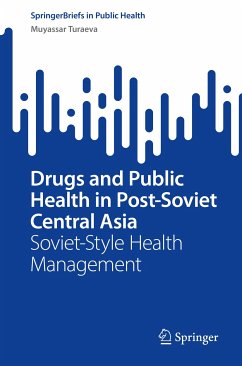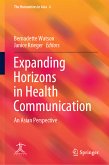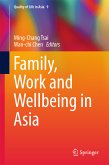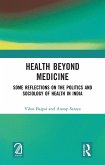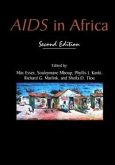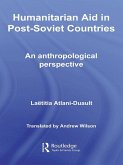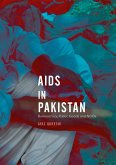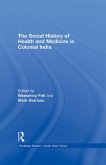The book outlines post-Soviet style of health management in Central Asia. Regional studies on Central Asia to date have focused on states, politics, religion and inter-ethnic relations but not on the health system within the region. Soviet-style policies have also covered only other aspects relevant for the region. This book highlights the public health situation of the region with a focus on drug abuse, HIV/AIDS in the context of increased mobility, and drug trafficking routes which became even more porous after the break-up of the Soviet Union.
Based on a qualitative study, the empirical data in the book was collected during long-term fieldwork conducted in Uzbekistan and Turkmenistan in 2010-2011 as well as shorter stays in Uzbekistan between 2012-2016. The analysis of the empirical material largely draws on the works of Foucault, particularly his concept of biopolitics when analyzing Soviet-style health management that is still practiced in the region. Applying theFoucauldian genealogical method, this study has been structured to trace the genealogy of epidemics to understand the historical path of drug abuse in the region as well as the discursive genealogy of drug politics and drug abuse. Applying the same genealogical method of Foucault, the formative and discursive trajectory of the institution of Uchyot was traced to contextualize the health governance methods that have historical legacy of Soviet-style governance and control of the total population.
Drugs and Public Health in Post-Soviet Central Asia: Soviet-Style Health Management is a unique resource for academic specialists, practitioners/professionals, and advanced undergraduate and graduate students in public health, as well as a range of scholars and professionals in sociology, political science, anthropology, and anyone with an interest in the Central Asia region, drug addiction, or HIV. The book also could appeal to international donors in the field of HIV/drug addiction who are working in the region.
Dieser Download kann aus rechtlichen Gründen nur mit Rechnungsadresse in A, B, BG, CY, CZ, D, DK, EW, E, FIN, F, GR, HR, H, IRL, I, LT, L, LR, M, NL, PL, P, R, S, SLO, SK ausgeliefert werden.

